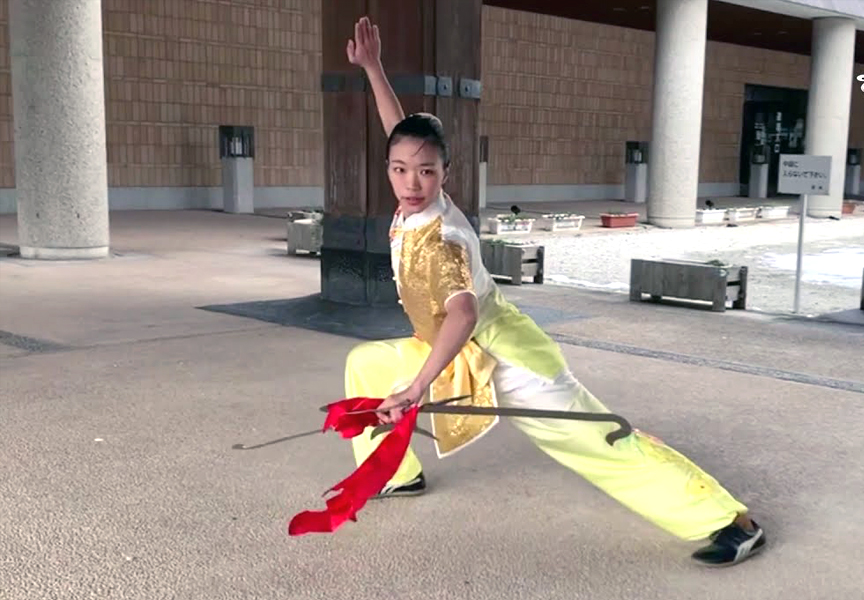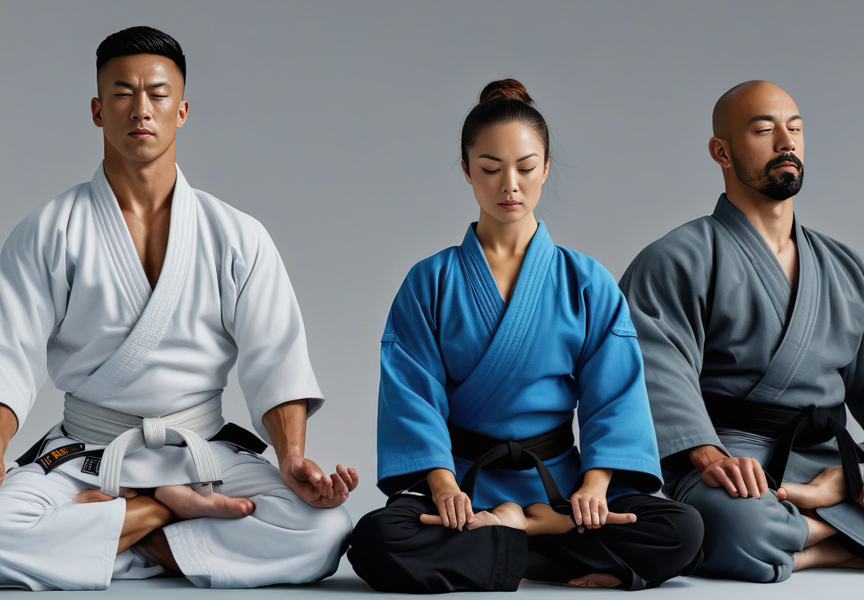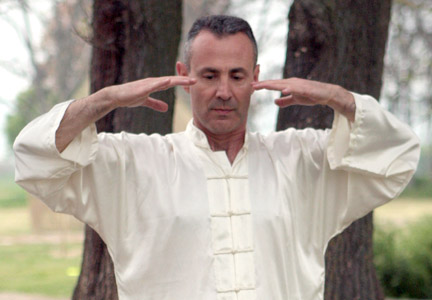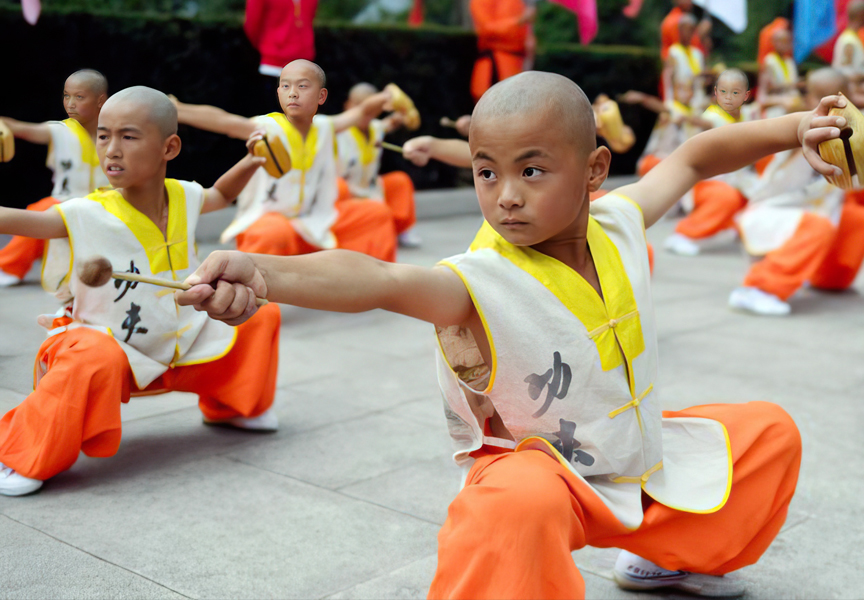Random Free Articles
- Chinese Kung Fu Weapons

A Storied Legacy of Martial Mastery Chinese martial arts, with their rich history and diverse forms, have captivated enthusiasts around the world. Among the many facets of this ancient tradition, the array of weapons used in Chinese Kung Fu stands out as a testament to the art's depth and complexity. These weapons can be broadly categorized into long weapons, short weapons, and concealed weapons, each with its unique characteristics and…
- Control Mind and Emotions in Martial Arts

Martial arts, a practice deeply rooted in physical prowess, discipline, and mental fortitude, offers a profound journey into self-mastery. Beyond the techniques and physical conditioning lies an essential aspect often overlooked by novices and even experienced practitioners: the control of the mind and emotions. Mastery in martial arts extends beyond the dojo; it is the equilibrium of body and mind, the harmonious synchronization of physical…
- Qi Gong. The Vital Energy

Vital internal energy is a Chinese cultivation practice which, according to specific written documents, goes back at least 3000 years ago. During the legendary Chinese ruler's Tang Yao monarchy; qigong art used as a form of dancing. The actual origins of Qi Gong, however, are lost in Chinese prehistory. Qi Gong was practiced during the earliest period in order to maintain good health. In Master Lu's Spring and Autumn records which…
- The Dual Streams of Wushu

The rich tapestry of Chinese martial arts is woven with threads of tradition, discipline, and a profound understanding of combat. Within this intricate web, two distinct streams have emerged, shaped by the divergent contexts in which they were honed: military martial arts [Chin.: Jūnlǚ wǔshù 軍旅武術] and civilian martial arts [Chin.: Mínjiān wǔshù 民間武術]. Understanding the origins, evolution, and purposes of these two…
- The Empty Mind

A Gateway to Mastering Shaolin Kung Fu In the ancient practice of Shaolin Kung Fu, a martial art renowned for its deep philosophical roots and powerful physical techniques, there is a fundamental principle that echoes through the centuries: the mind must be empty if one seeks to truly learn and master this art form. This concept is not merely a poetic expression, but a practical and profound aspect of Shaolin philosophy that has stood the test…
